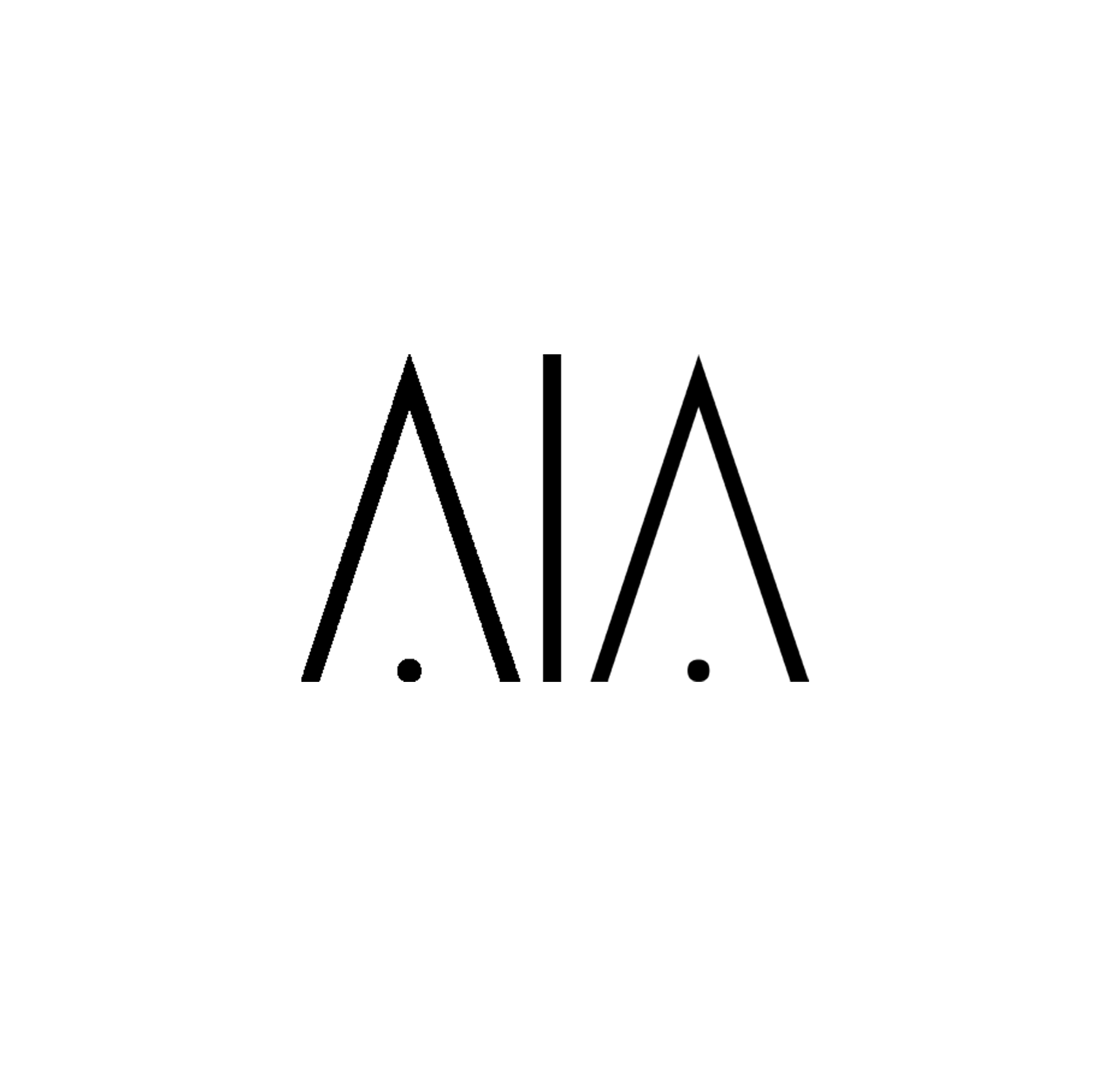Our Covenant for Accessible and Inclusive Community Building
When we talk about “building communities”, the conversation can easily become hollow and abstract. This is a problem, particularly as we know that the “community work” buzzword gets thrown around by organisations and reduced down to tick boxes by people in order to appease funders. If we are to truly build communities, we cannot speak in broad, vague or abstract terms. Community building must be intentional, actionable and specific in order to ensure that all types of people feel seen, heard, included and accounted for. Here at MAIA, we have had a renewed focus and energy internally about what access and inclusion looks like, and it is important that we work transparently and share this with you all.
“...it is estimated that around 1 in 7 people (more than 15% of people in the UK) are neurodivergent, meaning that the brain functions, learns and processes information differently.” (ACAS)
There is no readily available research that shows which proportion of this is made up by Black and brown people, but as we know from the recent ‘Black people, racism and human rights’ report from the House of Commons, the UK will sneakily admit that it is institutionally racist in the midnight hour, whilst having no intention to take any actionable steps to change it. Medical racism seeps into every aspect of health, leaving Black and brown people severely undiagnosed and likely to be improperly treated. We can assume therefore that the study which estimates there are 15% of neurodivergent people in the UK also fails to properly account for or represent the experiences of Black and brown communities.
When MAIA talks about building community, we mean a community that reflects and cares for the rich mix of diversities that make up all of us. It’s about more than just connecting or making space for people; we have to design structures and systems that hold and support people in their full selves once they arrive.
We are imagining and actively creating a world where access needs are not seen as ‘additional’. Rather, they are non-negotiable and an integral part of building an ecosystem that serves our whole community.
On the 13th of January 2021, we became a Disability Confident Committed organisation. This isn’t something we’ve just done because it looks good. This is our promise and covenant to those in our ecosystem that access is a top priority that will be integrated throughout our work. This is the bare minimum we can do as a collective of organisers who are committed to community-focused work. Alongside this, we are building The Access Committee - a board of ND and D/disabled makers, dreamers and thinkers who will keep us accountable on this journey through paid consultation. The Access Committee will do an overview of all the moving parts of MAIA’s work and deliver a creative manifesto to the sector about what we all can and must do. This is in order to show the ND and D/disabled community that their lives, hopes and dreams are heard,valued and championed.
Our Covenant:
We will remember the importance of meeting people where they are and that all people come with their own complex needs - we do not expect those things to be left at the door.
We will be building spaces where every intersection of your identity is recognised and supported.
We are building an ecosystem where accessibility is a verb - a doing word - that is always responding to the direct needs of the Neurodivergent + D/disabled community.
Things we are going to do better…
Last month we launched YARD, an arthouse, residency space and cultural centre in Ladywood, Birmingham. Hopefully, by now you’ve seen the beginnings of a beautiful roll out and are already making plans for how you want to connect with the space (you can read the blog about it here). Unfortunately, YARD is currently not wheelchair accessible and due to our contract with the developers, we are unable to make any structural changes to the property to improve this. You can read more about limitations and logistics to the space in our accessibility document here. (https://30d8749f-1793-4388-9b6e-a96b07e88259.filesusr.com/ugd/081bba_54a8cdf325c448558d92042e66bd7fdf.pdf) YARD serves as the first phase of a larger development project, ABUELOS. We want to use this time to learn and explore how we collaboratively design and embed infrastructure in the neighbourhood that is accessible. With ABUELOS, we will have more autonomy over the design of the buildings we work in, and we will be integrating accessibility with the support of The Access Committee and the wider ecosystem from the very start. If you do have mobility needs, please do not hesitate to get in touch and we will do everything we can to make YARD work for you.
One of the interesting developments of this work has been that through making access work a priority, team members and colleagues who don’t identify themselves as ND or D/disabled have been able to vocalise ways in which systems don’t serve them - this isn’t about centring able-bodied or neurotypical people in the conversation, this is just to highlight why accessibility is everyone's problem!
Access and Inclusion is slow work, not because it isn’t urgent but because imagining and creating new systems that do not exist yet takes time, trials and errors. When work around inclusion is being led by people who are also Neurodivergent, there are also barriers around pace and productivity, so thank you in advance for extending grace to us as we work intentionally and sustainably to ensure that this work isn’t rushed or reactive, but rather a slow-burning fuel that can power all of the dreams that MAIA has for the greater and highest good of our community. Please bear with us and call us out with love. We cannot wait to update you on our progress.
Light and love,
The MAIA fam x
By Jae Tallawah

